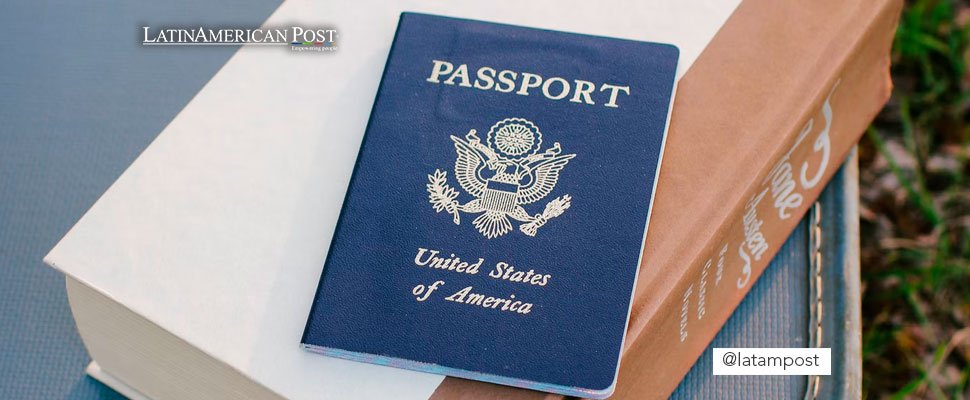Applying for a US visa can be a complex process, and many applicants have questions about various aspects of the procedure. This FAQ aims to address the most common questions and provide clear, concise answers to help you navigate the US VISA FAQ application process successfully.
General Questions
Q: What types of US visas are available? A: The US offers two main categories of visas: nonimmigrant visas for temporary stays and immigrant visas for those seeking permanent residency. Nonimmigrant visas include tourist (B-2), business (B-1), student (F-1, M-1), and work visas (H-1B, L-1, etc.). Immigrant visas include family-sponsored and employment-based visas.
Q: How do I know which visa type I need? A: The type of visa you need depends on the purpose of your visit. For example, if you are traveling for tourism, you would apply for a B-2 visa. If you are going to study, you would need an F-1 or M-1 visa.
Application Process
Q: How do I apply for a US visa? A: The general steps to apply for a US visa are:
- Determine the visa type.
- Complete the DS-160 form online.
- Pay the visa application fee.
- Schedule an interview at the US Embassy or Consulate.
- Attend the visa interview with all required documents.
Q: What documents do I need for a US visa application? A: Required documents typically include:
- A valid passport
- A completed DS-160 form confirmation page
- A visa application fee receipt
- A passport-sized photo
- Supporting documents relevant to your visa type (e.g., proof of financial support for students, invitation letters for business travelers)
Q: How long does the visa application process take? A: Processing times vary depending on the visa type, the embassy or consulate, and the time of year. It’s recommended to apply well in advance of your intended travel date.
Visa Interview
Q: What should I expect during the visa interview? A: The visa interview is conducted by a consular officer who will ask questions about your background, the purpose of your visit, and your ties to your home country. Be honest and provide clear, concise answers. Bring all required documents to support your application.
Q: Can I reschedule my visa interview? A: Yes, you can reschedule your visa interview by logging into your profile on the US Embassy or Consulate’s appointment system and selecting a new date and time. Be aware that rescheduling may result in delays.
Q: What should I do if my visa is denied? A: If your visa is denied, you will be informed of the reason at the end of your interview. Common reasons for denial include insufficient ties to your home country, lack of supporting documentation, or previous visa violations. You may reapply if you can address the reasons for denial.
Special Cases
Q: Can I expedite my visa application? A: In certain cases, you may request an expedited appointment if you have an urgent reason, such as a medical emergency, the death of a family member, or a critical business need. Contact the US Embassy or Consulate to request an expedited appointment and provide supporting documentation.
Q: Do children need a visa to travel to the US? A: Yes, all travelers, including infants and children, require a visa to enter the United States. Each child must have their own visa application and attend an interview if required.
Additional Tips
Q: How can I avoid common mistakes on my visa application? A: Double-check all information before submitting your application. Ensure your passport is valid for at least six months beyond your intended stay. Gather all required documents and review them for accuracy. If unsure, consult the US Embassy or Consulate’s website or seek assistance from a professional.
Q: Can I apply for a US visa from a country other than my home country? A: Yes, you can apply for a US visa from a third country, but it may be more challenging. It’s generally recommended to apply from your country of residence. Check the specific requirements of the US Embassy or Consulate in the third country before applying.
Conclusion
Understanding the REASONS FOR ESTA VISA DENIAL and addressing common questions can significantly improve your chances of a successful application. By following the guidelines and being well-prepared, you can navigate the process smoothly and achieve your travel goals.
